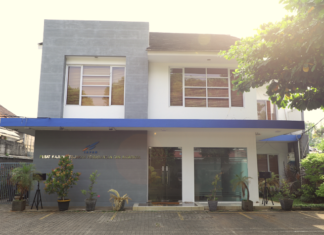Four more Chinese researchers, Liu Guanghui, Yi Zhihao, Chu Zhengpei and Wang Wei, have voluntarily entered China’s moon-simulation lab, known as Yuegong-1 or the Lunar Palace, and will remain confined there for 200 days.
They form the second batch of volunteers, who will live and conduct experiments in the self-contained 160-square-meter cabin located at Beihang University, which simulates the lunar environment. This is part of China’s long-term space exploration plans for putting humans on the moon, and is the second such experiment. The first took place in 2014, and lasted for 105 days.
A first in China, Bioregenerative Life Support System (BLSS) is the third artificial ecosystem in the world – the first two having been built by the US and Russia – and contains waste management and water purification systems, as well as crop-cultivation and research facilities. According to Chinese sources, if successful, this 200-day stint will set a world record for the duration lived in a BLSS.
Aside from monitoring the crew’s ability to live in such an environment, the experiment will study the psychological and physiological effects on the crew. One such study will investigate the overall changes in metabolism, which is conducted by adjusting the ratio of men to women in each batch of volunteers.
This second group of four participants will be captained by Liu Guanghui, who participated in the first experiment in 2014. During an interview with television programme Good Morning Beijing, Liu said, “I will be responsible for cooking and waste management.”
Like him, his three crewmates related their individual responsibilities to Good Morning Beijing – Yi will grow vegetables, Chu will manage the cabin and be in charge of food processing, and Wang will monitor the health and safety of the cabin. All four will participate in research and analysis.
In the same interview, Professor of Aeronautics and Astronautics at Beihang University, Liu Hong, commented, “Living in the cabin for 200 days is very challenging.” As such, a group of students will be stationed in a monitoring room in case problems arise.
The first batch of four, who entered Yuegong-1 in May, were confined there for 60 days. After the completion of the current, 200-day stay, a third batch will live there for 105 days, thus completing the 365-day experiment.







